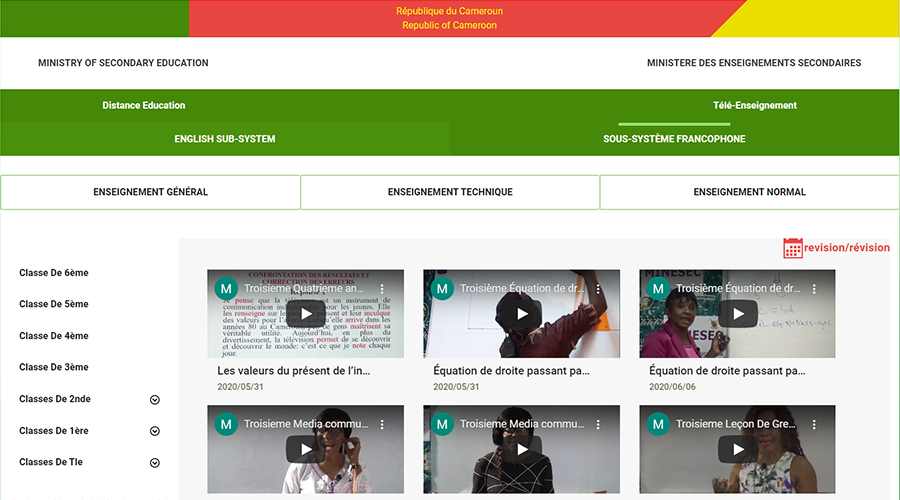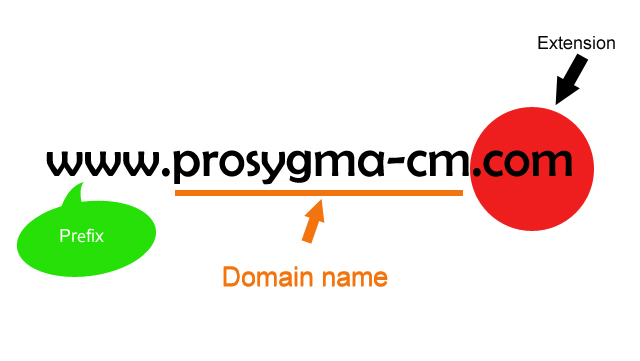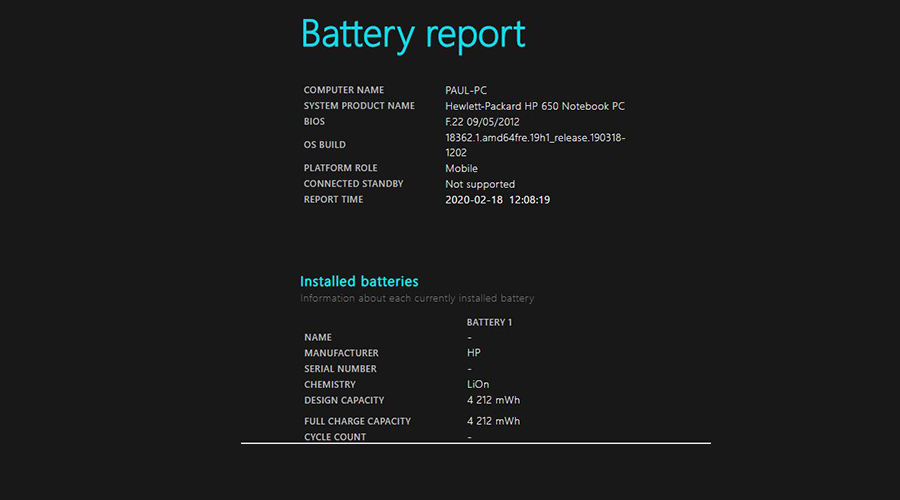Gabon: how the timber industry makes a major contribution to the national economy
On 20 June in Libreville, the Minister for Water and Forests received the report of a study into the contribution of the timber industry to the Gabonese economy. Carried out by the accounting firm Ernst and Young and the socio-economic research firm Mays Mouissi Consulting, the study, which measures the sector's economic, fiscal and social impact from 2018 to 2022, highlights significant progress.
On 20 June, Lee White received the report of a study into the contribution of the timber industry to the Gabonese economy. On the instructions of the Minister for Water and Forests, the Sea, the Environment, the Climate Plan and the Land Use Plan, the study was carried out by the accountancy firm Ernst and Young and the socio-economic research firm Mays Mouissi Consulting, with the aim of measuring the sector's economic, fiscal and social impact from 2018 to 2022. While an official document presented at the One Forest Summit showed that the timber sector's contribution to GDP quadrupled between 2010 and 2021, the study, which reports on the development of the sector's industry over 4 years, reveals that the timber sector is now structured around three main types of company.
These include forestry operators, wood processing industries operating within the perimeter of a special economic zone (SEZ), and wood processing industries operating outside SEZs. In economic terms, the study, which took into account the period 2014-2022, shows that during this period, forestry sales rose by 231%, from 28 billion CFA francs to 93 billion. This will result in an increase in forest industry sales of 455 billion CFA francs (+292%) to 611 billion CFA francs by 2022, and a sharp rise of 525% between 2014 and 2022 in sales in the veneer segment.
Growth at several levels
In detail, veneer production has risen from 197,189 m3 in 2010 to 589,181 m3 in 2022 (+191%). Between 2018 and 2022, production at wood processing plants (UTB) located in the Nkok SEZ rose from 135,710 m3, or around 35% of national veneer production, to 360,775 m3, or 61% of national production. An increase of 166% in 5 years. By 2022, these factors will have enabled Gabon to rank 6th in the world in veneer production and 1st in Africa. In terms of taxation, the sector enabled Gabonese tax and customs authorities to recover a total of 36,884 million CFA francs in 2022, compared with 12,798 million CFA francs in 2018.
In social terms, there has been a 49% increase in the number of jobs in the sector over the slightly longer period from 2010 to 2022. This momentum is driven by the forestry industry, where the number of jobs has risen by 117%, from 4,095 in 2010 to 8,884 in 2022. All these elements of the study lead the Ministry of Water and Forests to say that over the period 2018-2022 "the timber sector has made a major contribution to improving the Gabonese economy". This is after President Ali Bongo's decision to ban the export of timber in the form of logs. "Gabon has moved from an economy based on the export of raw materials to one that favours the local processing of wood", the ministry maintains.









